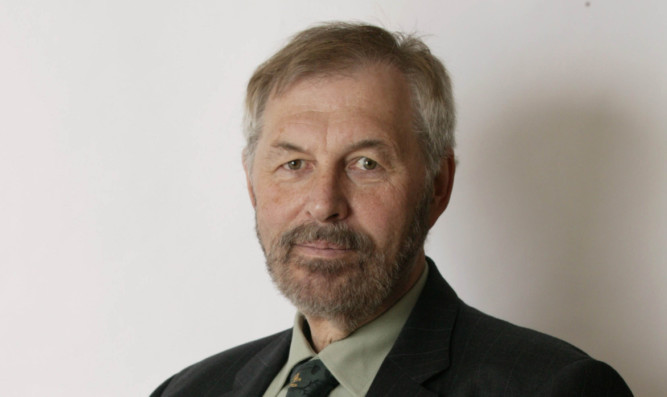More than 6,500 patients checked out of hospital in Fife during the middle of the night in just two years, it can be revealed.
Freedom of Information requests by Labour’s public services spokesman, Dr Richard Simpson, found the number of patients discharged between 11pm and 6am came to 40,763 nationwide.
The figure is likely to be much higher, however, as it does not include returns from NHS Tayside, NHS Forth Valley and Scotland’s largest health board, NHS Greater Glasgow and Clyde.
Mid Scotland and Fife MSP Dr Simpson said: “These shocking figures suggest the huge pressure our hardworking NHS staff are under.
“The only significant reason to discharge a patient late at night rather than the next morning is to free up beds. This level of discharge suggests the situation in some of our hospitals is desperate.
“Under the SNP NHS staff are undervalued and overworked, with only a third thinking they get the support they need to do their jobs. It is patients who lose out.”
Between October 2013 and last September, a total of 6,533 patients were marked as having been discharged overnight in Fife.
Health Secretary Shona Robison called the issue “complex”, arguing it was wrong to “simply say these are patients sent home from inpatient beds”.
She said it could include transfers between hospital wards or between hospitals for specialist care, as well as deaths and self-discharges.
The Dundee East MSP said: “These figures are also a small proportion of the hundreds of thousands of patients discharged in Scotland every year.
“Staff are always conscious that patients should not be discharged without the appropriate home support available. Patient safety is, and remains, the top priority for hospital staff discharging patients particularly when patients are elderly or vulnerable.”
The Scottish Government will publish delayed discharge also known as bed blocking figures for 2015 today. Ms Robison promised last February to abolish it by the end of the year but last night dropped a hint that will not be met.
She said: “Delayed discharge is a separate, unrelated, issue but one that is also extremely important. It remains our ambition to eradicate delayed discharge from the system and we have seen significant progress over the last year. Delayed discharge rates are falling in Scotland, in contrast to other parts of the UK which have seen increases in the number of patients waiting in hospital because the appropriate care is not available in the community.
“We are working hard with local NHS and council partnerships to reduce discharge delays and announced last month an additional quarter of a billion pounds for social care in next year’s budget.”
